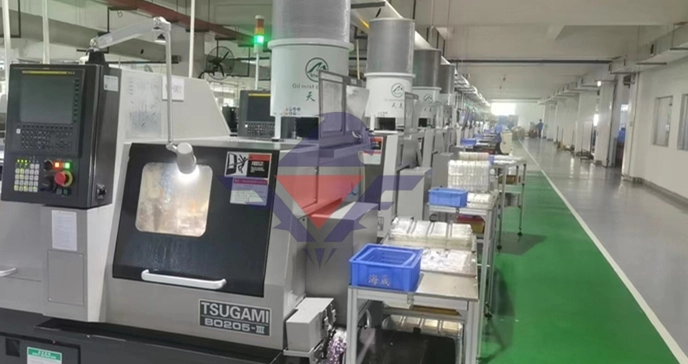
# Endotoxin Detection and Quantification Kits for Accurate Bacterial Toxin Analysis
## Understanding Endotoxins and Their Impact
Endotoxins are lipopolysaccharides (LPS) found in the outer membrane of Gram-negative bacteria. These toxic substances can cause severe inflammatory responses when introduced into the bloodstream or tissues, making their detection crucial in pharmaceutical, medical device, and biotechnology industries.
## The Importance of Endotoxin Testing
Regular endotoxin testing is essential for:
– Ensuring product safety in pharmaceuticals
– Validating medical device cleanliness
– Monitoring water quality in healthcare facilities
– Controlling bioprocessing environments
– Maintaining compliance with regulatory standards
## Types of Endotoxin Assay Kits
### Limulus Amebocyte Lysate (LAL) Based Kits
The most widely used endotoxin detection method utilizes LAL, derived from horseshoe crab blood. These kits come in several formats:
– Gel-clot assays
– Turbidimetric assays
– Chromogenic assays
### Recombinant Factor C (rFC) Based Kits
An alternative to LAL that offers:
Keyword: Endotoxin Assay Kits
– Animal-free testing
– Consistent reagent quality
– Reduced variability
## Choosing the Right Endotoxin Assay Kit
Consider these factors when selecting a kit:
– Sensitivity requirements
– Sample matrix compatibility
– Throughput needs
– Regulatory acceptance
– Cost-effectiveness
## Best Practices for Endotoxin Testing
To ensure accurate results:
– Maintain proper sample handling procedures
– Validate all testing equipment
– Follow kit instructions precisely
– Implement appropriate controls
– Document all testing procedures
## Applications Across Industries
Endotoxin assay kits serve critical roles in:
– Pharmaceutical manufacturing
– Medical device production
– Biotechnology research
– Hospital infection control
– Environmental monitoring
## Future Trends in Endotoxin Detection
Emerging technologies include:
– Automated testing platforms
– Higher sensitivity assays
– Multiplex detection systems
– Point-of-care testing devices
– Sustainable alternatives to traditional methods
By implementing reliable endotoxin assay kits, organizations can ensure product safety, maintain regulatory compliance, and protect patient health while advancing scientific research and development.